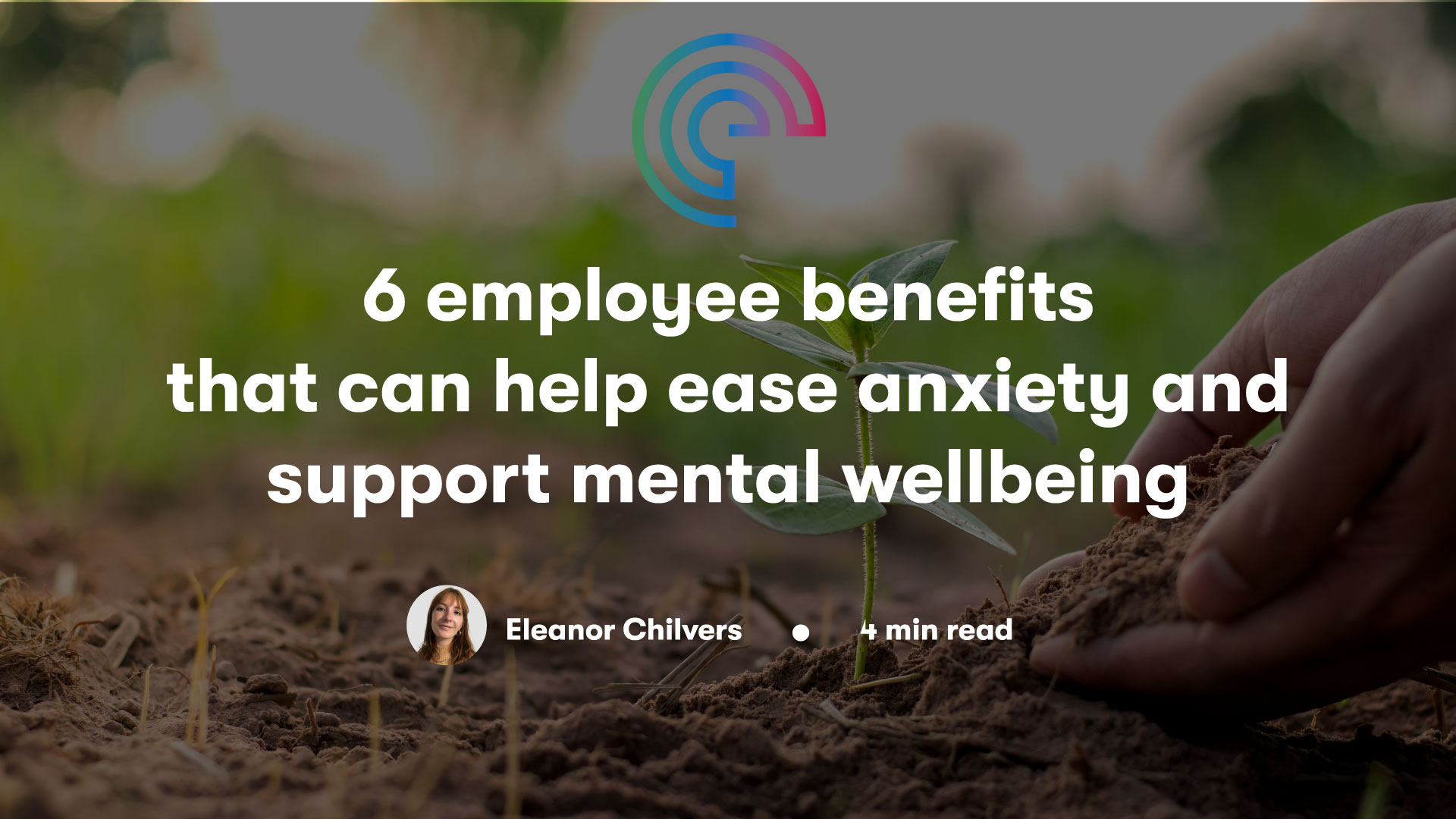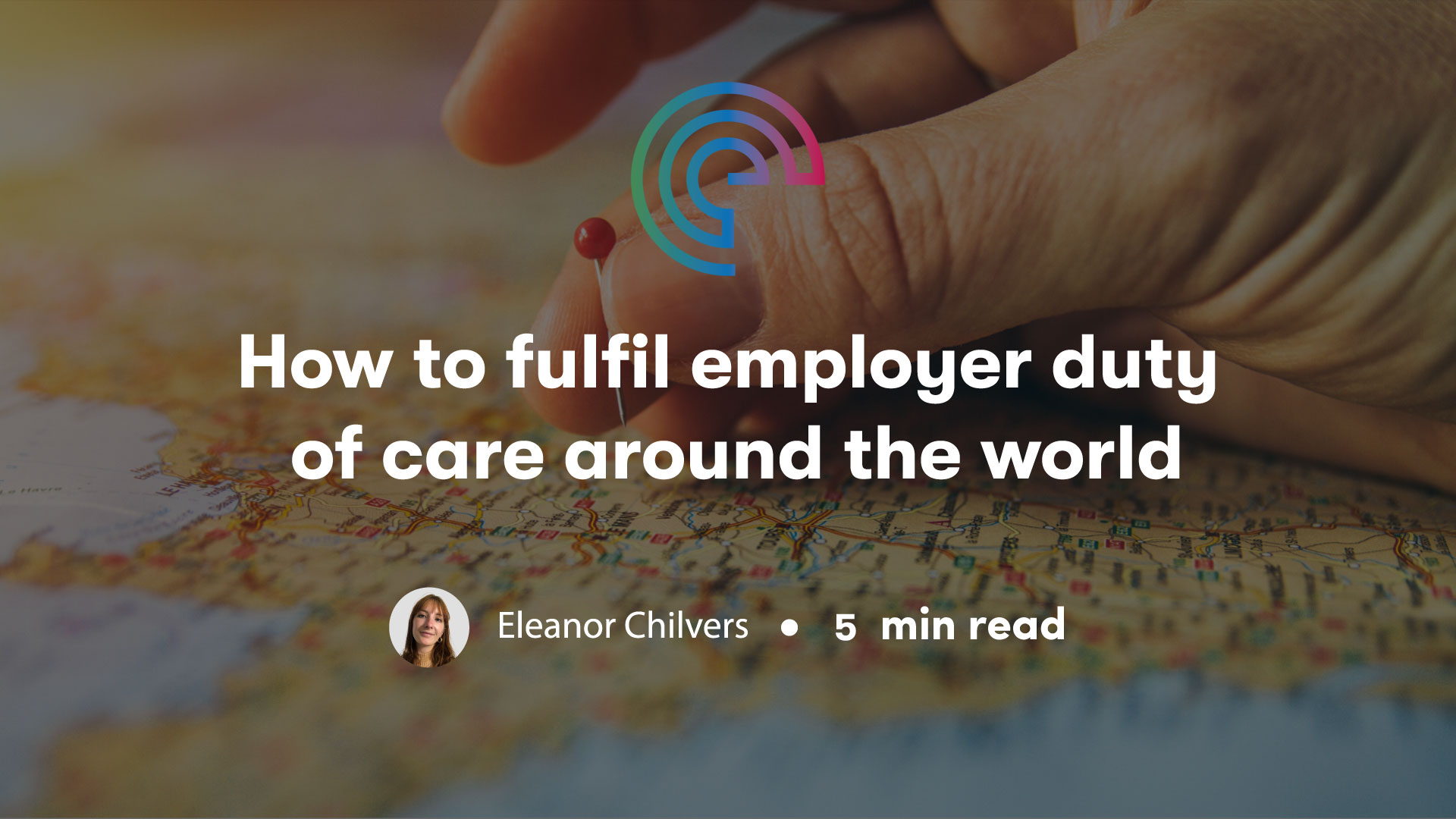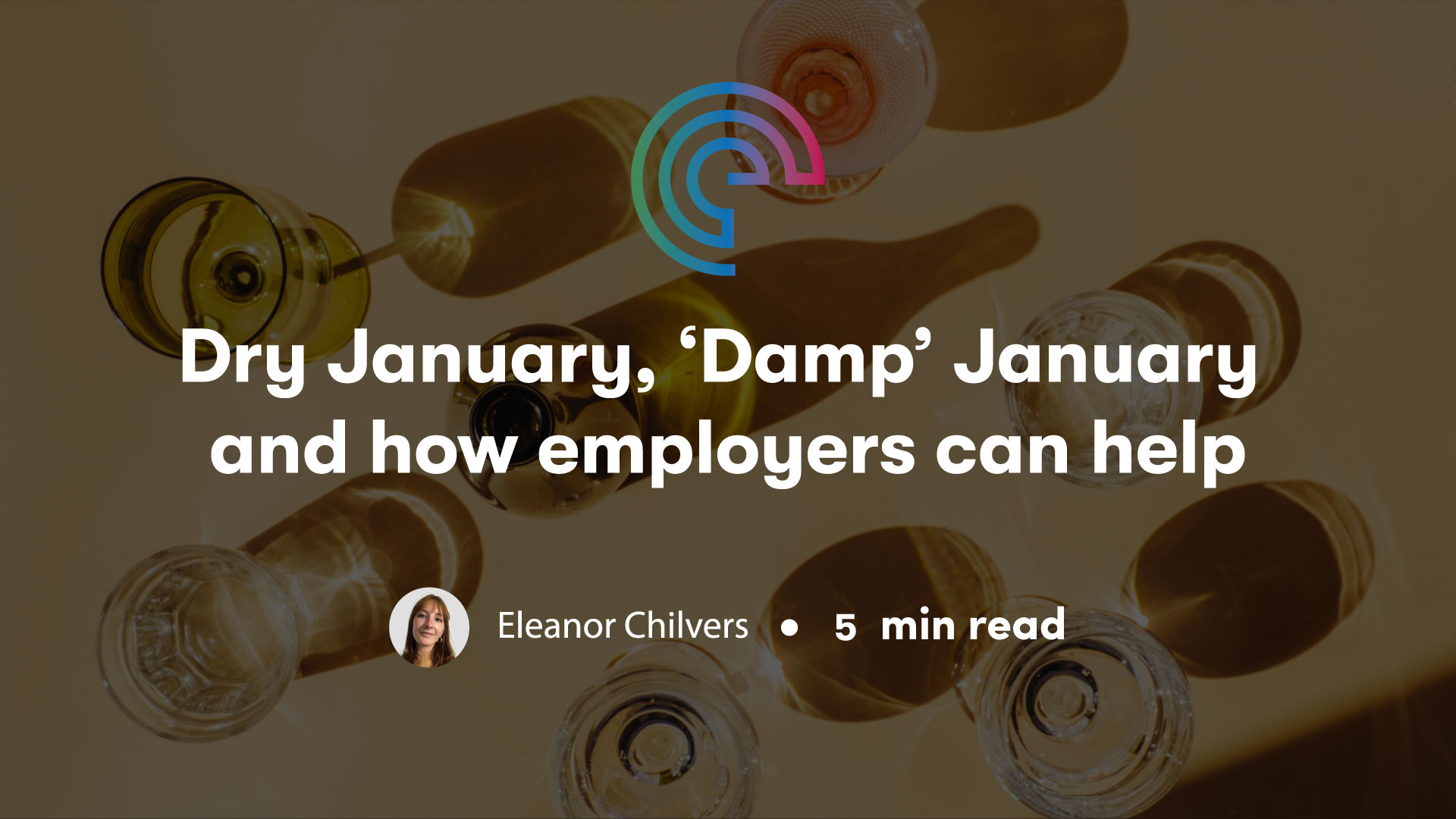The William Russell study on expats mental health and support
The pandemic has arrived at the doorstep of many of us on every continent and brought fear, worry and stress to our daily lives. With the upward trend in mental health awareness, more and more employers are working hard to assist employees in managing mental health conditions. But what about people who live and work abroad (expats mental health)? Is it easier or harder for expat employees to deal with the uncertainty of the pandemic? William Russell (a leading medical international insurance provider) has just released some interesting data on how COVID-19 has affected the mental health of expats. Unfortunately, 38% of them feel that their mental health has deteriorated during the covid-19 pandemic.
In this blog we look at:
- the William Russell mental health data more closely,
- the reasons why expats are more vulnerable and
- what health support they can get from their employer.
Has the pandemic affected expat mental health in 2021?
38% of the 1,184 expatriates surveyed in five countries (Australia, Hong Kong, UAE, UK, USA) by William Russell confirmed that they had noticed a decline in their mental health in the last 18 months. On the contrary, 23% of the respondents felt that their mental health had improved during the pandemic.
One explanation for the mixed response is that expats who are already settled in the new environment were less affected by the uncertainty and social restrictions brought up by the pandemic, and may have enjoyed the flexibility of home working. Sadly, many of the international workers were badly hit by the changes.
What can cause mental illness in expats?
There are many reasons, but the most common factors are:
- Being homesick – Living abroad could be exciting, but after a certain amount of time, they will miss their family and friends. They will feel isolated and they can even worry that they will be forgotten.
- Adopting to the new climate, culture, religion and language – This could cause stress on a daily basis for employees living abroad.
- Isolation from support bubble – In case of a crisis, such as the covid pandemic, they are isolated from their support networks such as family and friends – there is nobody to offload their anxiety, fear or stress face to face.
When the expats were asked whether they would prefer to be at home during covid-19 pandemic, over 44% agreed and 15% strongly agreed, so more than half of the people living & working abroad would have preferred to be in their home country during the hard times of the pandemic. Only 33% of them disagreed with this.
Having said that, 53% of the expatriates said that living and working abroad actually had a positive effect on their mental health in general, which is excellent news. But what about the rest? One in five said that their international working experience had a negative impact on their mental health, and 4% felt to say that it was “significantly negative”.
Worldwide mental health support for expat employees
If you are in your home country, you have easy access to call your GP or a specialised helpline, or talk to your immediate support bubble about your emotional and physical wellbeing. However, when you are abroad, it is a totally different ball game because of the language and cultural barrier and the potential cost for reaching out for professional help. No surprise then, that in the William Russell study 22% of the surveyed expats said they were “sceptical”, 46% “uncertain” and 11% “unsatisfied” about the quality of the professional health support available for them. This is an alarming rate and something employers need to take on board with regards to their benefits strategy for international employment.
Covid impact on expats relationships with families and friends
In the study, 24% of the expats confirmed that during the pandemic their relationship with their loved ones started to show difficulties and tensions. No doubt these situations are magnified in the mental health of an individual who already feels lonely and isolated abroad. Having said that, 18% said that their relationship with people in their home countries had improved in the last 18 months following the start of pandemic. Occasionally crises bring family and friends closer to each other. The good news is that only 9% of the expats said that their relationships with other people became broken, the majority managed to make friends with locals and sustain friendships.
This data shows that the COVID crisis did bring some friends and families together, but many expatriates did suffer a particularly rough time.
What is the mental health cover for international expats?
Employers can offer support to their employees with their mental health via an International Employee Assistance Programme (link to our website). Global EAP providers often have an international footprint themselves as well as having a global network of counselling services to be able to offer face to face support to employees anywhere in the world. The friendly, professional call centres they operate are also able to handle calls in multiple languages and have a deep understanding of cultural differences that are an important consideration in addressing personal and work issues. Promotional materials and documentation are also available for these expats to use.
Expat mental health covered by International Private Medical Insurance?
Medical Insurance for companies with global employees, generally offers a strong level of cover for both in and outpatient mental health treatment. With some International Health Insurance providers, it is built into the core product as standard, while others offer an optional or variable level of cover. We would always recommend these benefits are included, if budget allows, as not only is it a valuable benefit to employees in crisis, but mental health issues are one of the biggest reasons for expatriate assignment failure. Most Global Medical Insurance providers now also include an International EAP built into their offering as standard, avoiding the need for purchasing a separate, stand alone service.
Why prevention key to expat mental health?
Mental health is a growing area of particular focus for both expats and employers with expat populations alike. There are several studies that show that mental health is one of the greatest causes of sickness and it also affects the productivity of employees. Early intervention is key to reducing absence, therefore many Global Employee Assistance Providers will aim to be very visible with employee and intervene within the first week, prompting early discussion and support, and facilitating a quicker return to work.
There is plenty of evidence suggesting that factors that delay or prevent mental illness treatment include low levels of knowledge regarding mental illness and prejudice and discrimination against people with mental illness. However, given the right focus by employers, with the right support, benefits package, training and focus, this can be avoided.
Contact Engage Health Group to discuss the best International Medical Insurance and International EAP options for your employees working abroad. We are happy to give you free, no-obligation advice.









